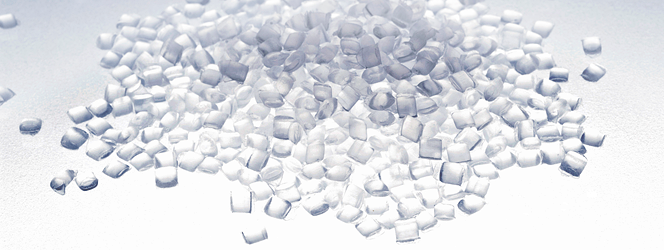
PFA (Perfluoroalkoxy)
About This Project
Perfluoroalkoxy alkanes (PFA) are fluoropolymers. They are copolymers of tetrafluoroethylene (C2F4) and perfluoro ethers (C2F3ORf, where Rf is a perfluorinated group such as trifluoromethyl (CF3)). The properties of these polymers are similar to those of polytetrafluoroethylene (PTFE)
It is melt-processable and can be used in a wide range of operating temperatures. PFA is highly resistant to chemicals, aging, and climatic influences. A small friction coefficient testifies to the material’s nonstick properties.
PFA is a fluorocarbon in which the carbon atoms are fully bonded to the fluorine atoms. The fluorine-carbon bonds are the strongest known molecule bonds and explain the material’s chemical resistance. Other polymers and elastomers absorb different amounts of the materials that they come into contact with, and this applies to organic liquids in particular. Absorption with PFA is minimal and a reaction between PFA and the surrounding media is extremely rare. Permeation is closely linked to absorption. Besides PTFE, PFA offers the highest resistance to creep flow and it has good electric insulation.
Operating temperature: -200 to +260°C
Melting temperature: +280 to +308°C
Grades: Lining, Molding, and Extrusion Grade
Application
1. Materials for piping and fittings for aggressive chemicals,
2.The corrosion-resistant lining of vessels in the chemical-processing industry. Typical applications 3. construction of gas scrubbers, reactors, containment vessels, and piping.
3.Wire and Cables


